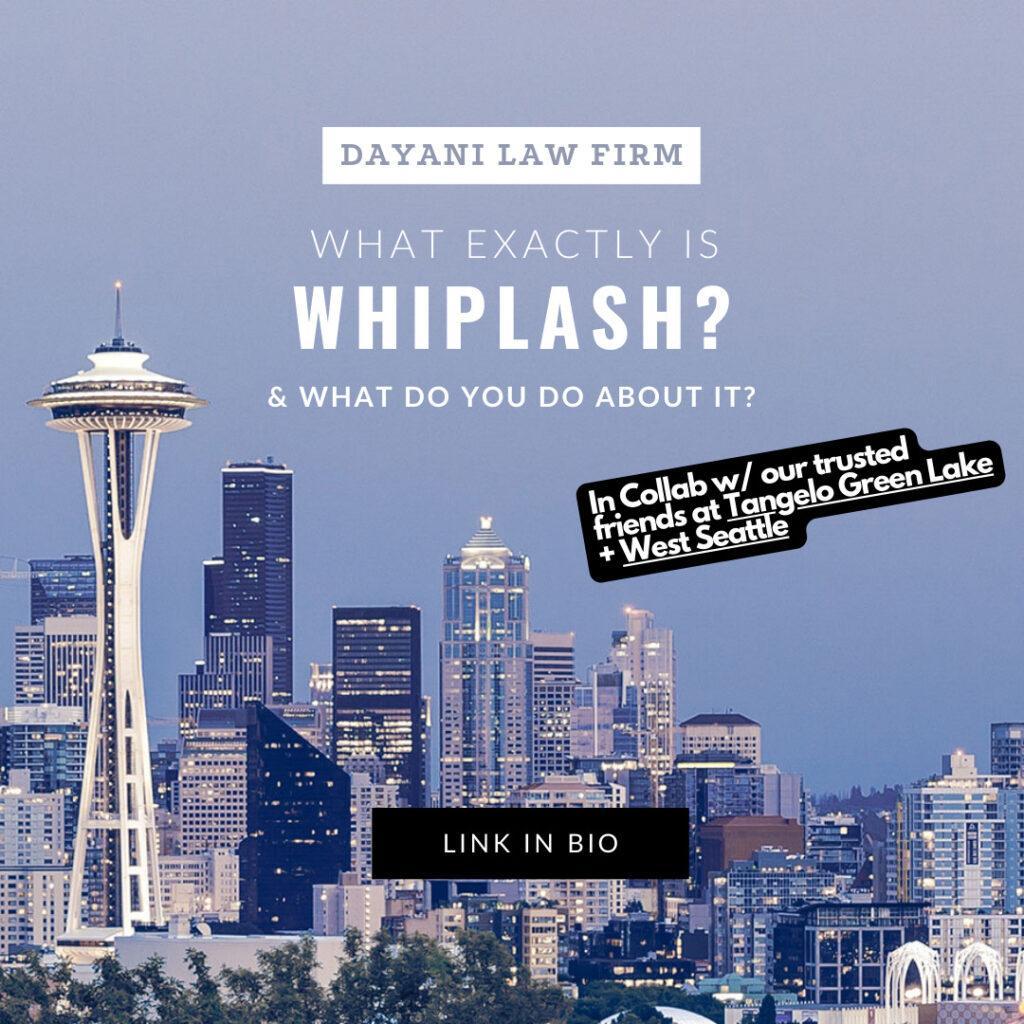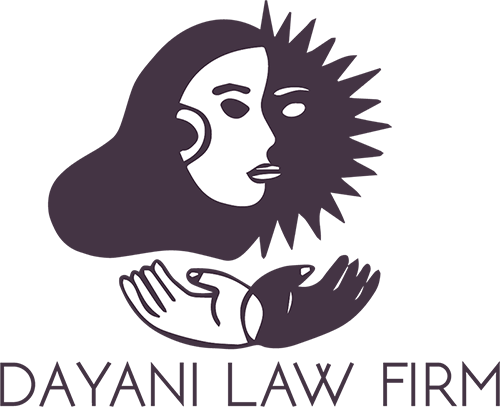
We don’t love relying on the term “whiplash” because insurance companies often use it to minimize a claim due to how common the condition can be following a car accident and the fact that trauma to muscles can heal more quickly and completely than other, more penetrating injuries such as trauma to cervical discs, facets, intervertebral joints, and the nerve roots of the spine. Since it is a common injury after an auto accident, insurance companies work hard to downplay its significance. But, like most of the ways that insurers try to minimize a claim, this does NOT mean that whiplash is not a serious and significant injury or that it does not require dedicated treatment to heal.
And furthermore, it is not uncommon for a deeper-level injury to occur alongside a muscle sprain. Sometimes what starts out labeled as blanket “whiplash” can cover up something more serious going on underneath.
So, it’s best to take your injuries and treatment step by step—one day at a time—and follow your care team’s treatment recommendations after a car wreck. Do your best to avoid jumping to conclusions about your injuries, especially after a collision has just occurred. Give yourself time and space to heal. Listen to your body and take care of yourself. Your muscles might simply be sprained and just need some care and some time to recover. But if it does not heal with conservative efforts alone, and there are options. The goal is always your well-being and whatever it takes to regain your baseline from prior to the collision. Conveniently, that is what the law says is your right to have, as well.
Symptoms of Whiplash
Here is a list of the most common symptoms of neck muscle sprain/strain, which can also be signs of another injury, including concussion or traumatic brain injury:
- Headaches
- Stiffness and pain in the neck and shoulders
- Numbness in the hands, neck, or shoulders
- Arm pain
- Jaw pain
- Inability to move or fully turn the head
- Visual disturbances
- Ringing in the ears
- Dizziness and vertigo
- Upper and lower back pain
- Depression or abnormal mood changes
- Coordination or balance problems
- Fatigue
Some patients who suffer from whiplash have also reported tightness, pain, and even tingling in the shoulder and mid and upper back, which can also be a sign of a more penetrating of shoulder injury. The first step, before concluding or labeling what is going on for you, is to get care.
What happens if you don’t get treatment?
While whiplash is a common condition after an accident, it’s important that you treat it seriously. Even if your injury is simply a strain of the neck musculature, it is still a good idea to seek out care as soon as possible. When the neck is thrown back and forward, muscles along the back and front of the neck can be taken through a violent and uncontrolled stretch.
After those muscles are sprained, they cannot be taken through their complete contract-relaxation phase during daily activities such as moving your arms to reach for objects, or turning your head while driving. If one part of you can’t move, something else has to pick up the slack. If your neck cannot properly flex, extend and rotate due to stiffness and pain, your upper back muscles – for example – will work overtime.
Left untreated, even simple “whiplash” can develop into other issues that take much longer to recover from. It can be a domino effect. Also, getting the conservative treatment early on can help to confirm or rule out if you have a deeper level injury. When you complete a round of recommended conservative care and it doesn’t work to entirely resolve your pain, this can provide your care team with important information that something else may be going on.
Early intervention is key, and the sooner you seek out a proper evaluation, the quicker and smoother your path of recovery will be.
Fortunately, following this guidance has the dual effect of helping your legal claim too. When you get treatment right away, you are eliminating an insurance company’s argument that your injuries were not bad enough to warrant a proper payout, because someone who is really injured and really in pain will do whatever it takes to get medical attention. Another favorite argument of theirs if you delay in starting care, is that maybe something else happened in the time that lapsed after the car accident, and maybe there is a question as to the real cause of your injuries.
Bottom line: don’t sleep on it. Get the treatment you need.
It is tempting after a motor vehicle collision to ignore your symptoms, as there is already so much going on: dealing with getting your car repaired, or totaled out and having to look for a whole new car, and insurance adjusters calling you nonstop and asking for recorded statements and signatures on densely worded documents. We do NOT recommend putting off medical treatment though. Ignoring your aches and pains can sometimes lead to a more severe condition as untreated injuries are left to fester. Get the treatment you need at the acute phase.
Chiropractors, such as our trusted friends at Tangelo Green Lake + West Seattle take a natural approach to healing and will steer you away from pain-masking medications that don’t do much to get you better.
The best treatment intervention is early treatment intervention.
And this applies to the legal side as well. The best legal consultation is early legal consultation. Even if you don’t need to hire a lawyer immediately (and not everyone does), you should understand what can be a convoluted process. The more you know at the beginning, the better off you will be later on.

Lauren Dayani is the lead personal injury attorney at Dayani Law Firm. She offers free consultations and speaks honestly about your options after an injury. Send her a message below or call directly for a consult at (206) 777-5627
